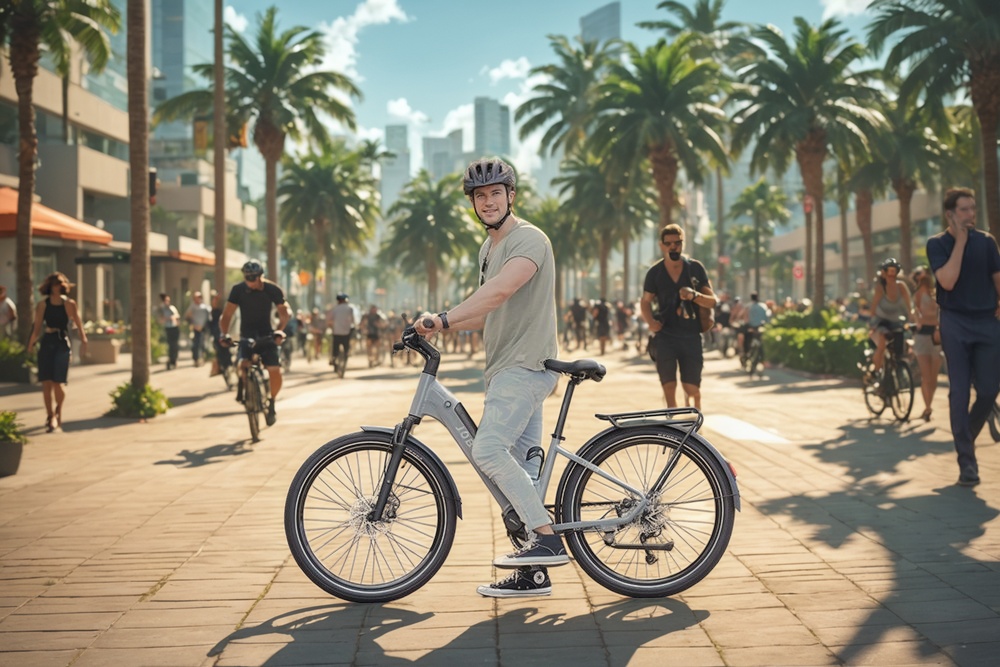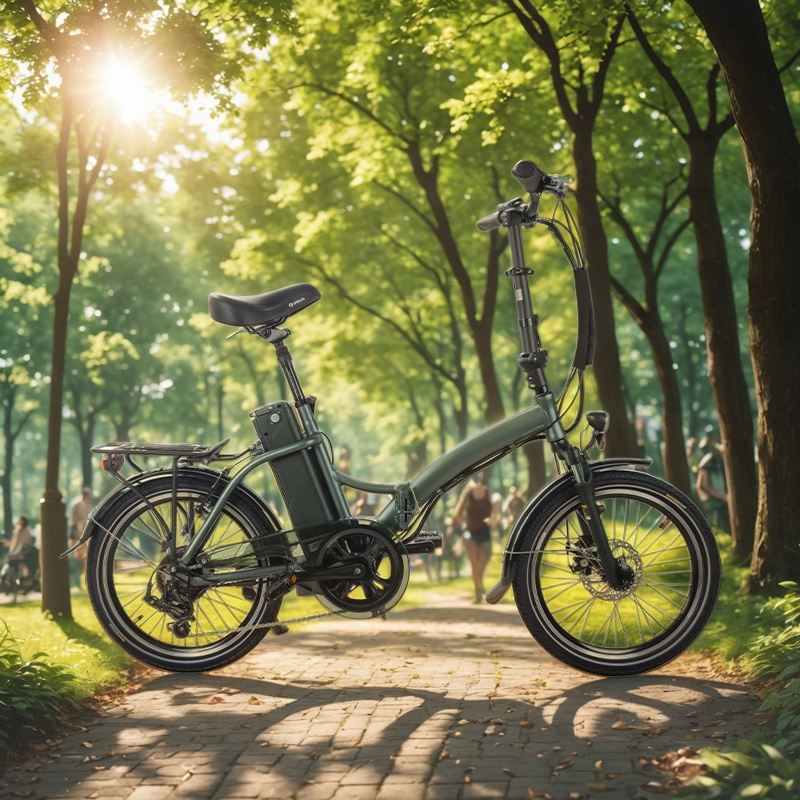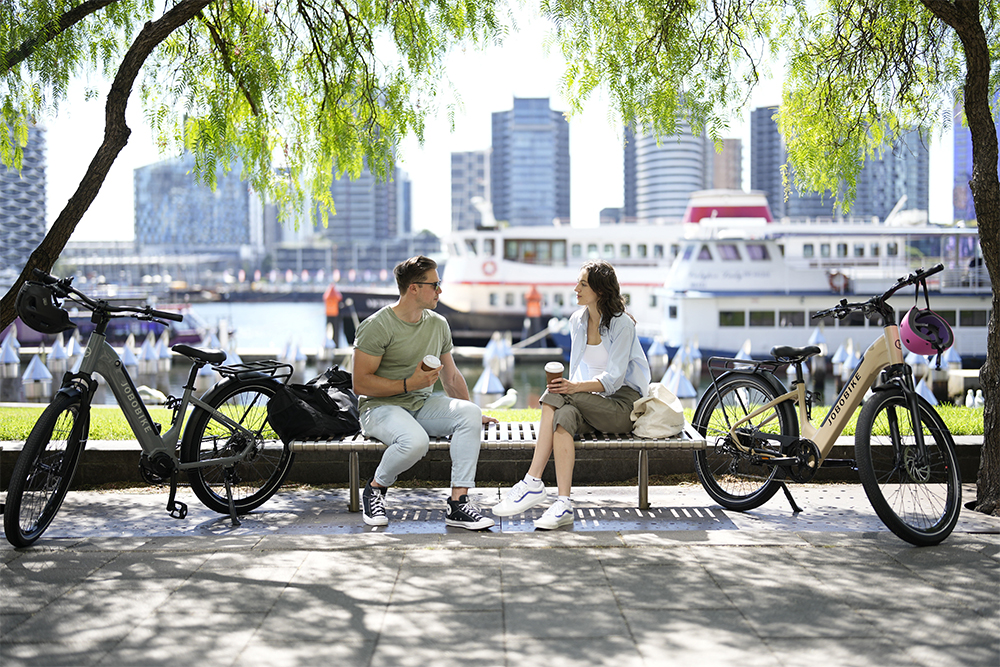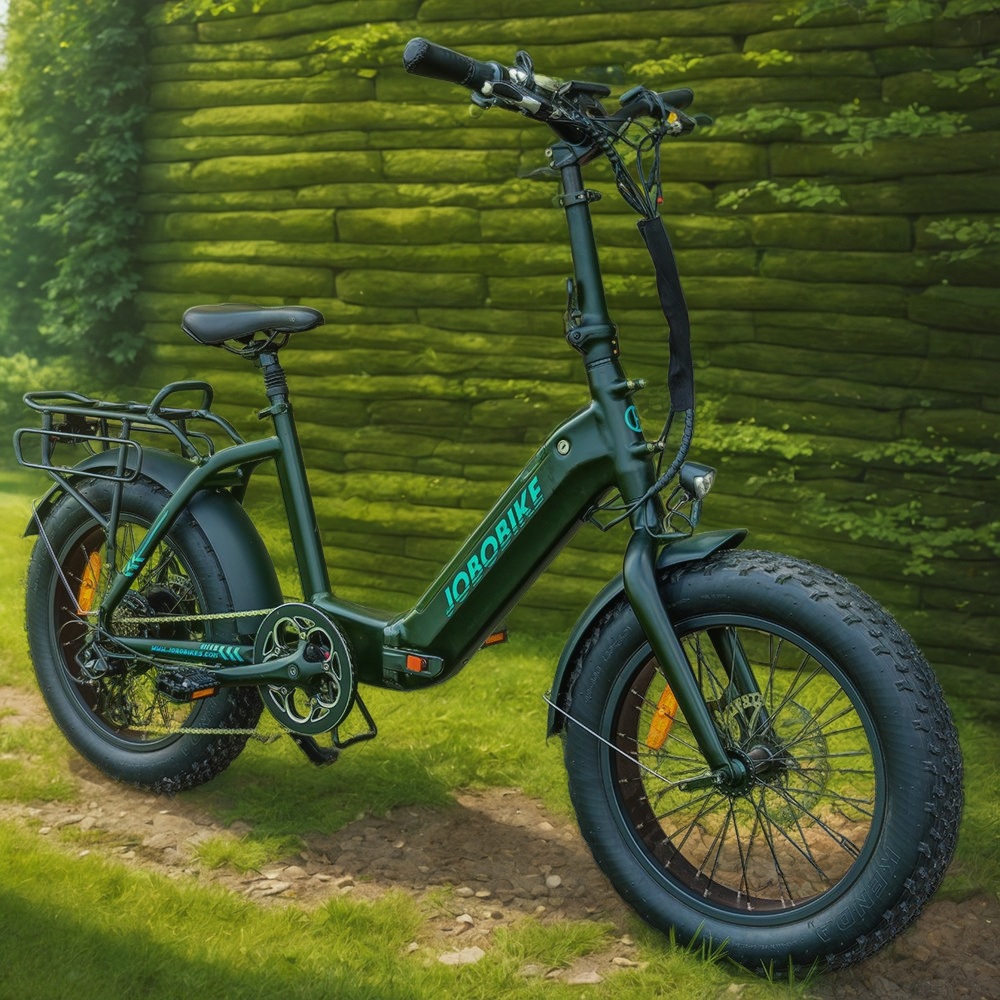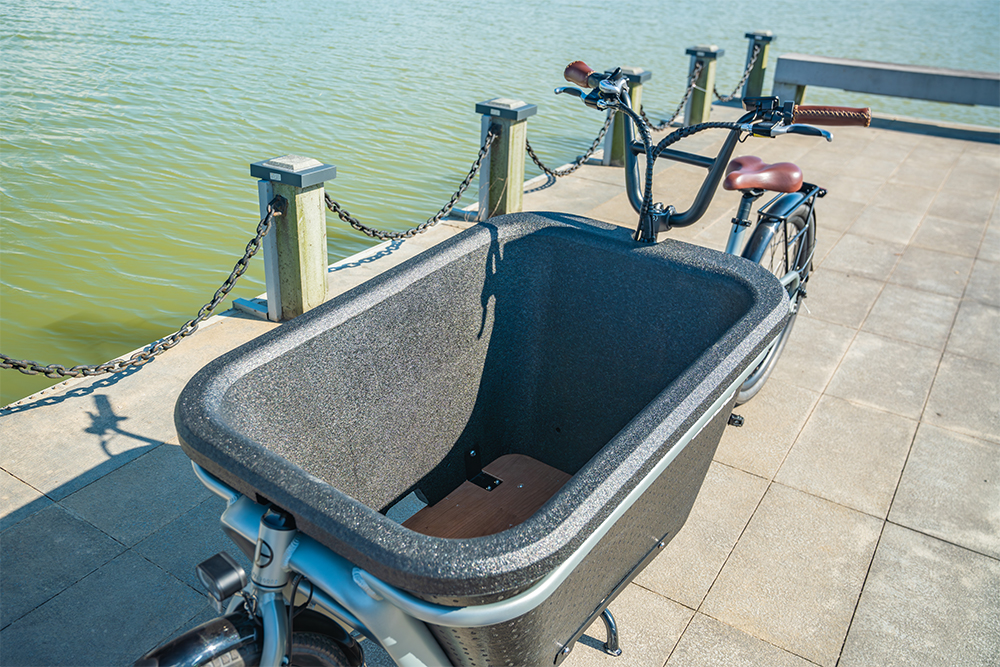Urban electric bike technology has revolutionized the way people navigate city streets, offering a blend of efficiency and eco-friendliness that traditional bicycles often lack. When comparing urban electric bikes to conventional pedal-powered options, the advantages become clear in terms of speed, ease of use, and reduced physical exertion. For instance, an urban electric bike like the UrbanGlide E-Bike allows riders to tackle daily commutes with electric assistance, making hilly terrains and long distances more manageable without the fatigue associated with standard bikes. This comparison highlights how electric models enhance urban travel by integrating modern technology, while traditional bikes remain reliant on human effort alone. However, both options promote sustainability, though electric variants add the benefit of motorized support for a more versatile riding experience.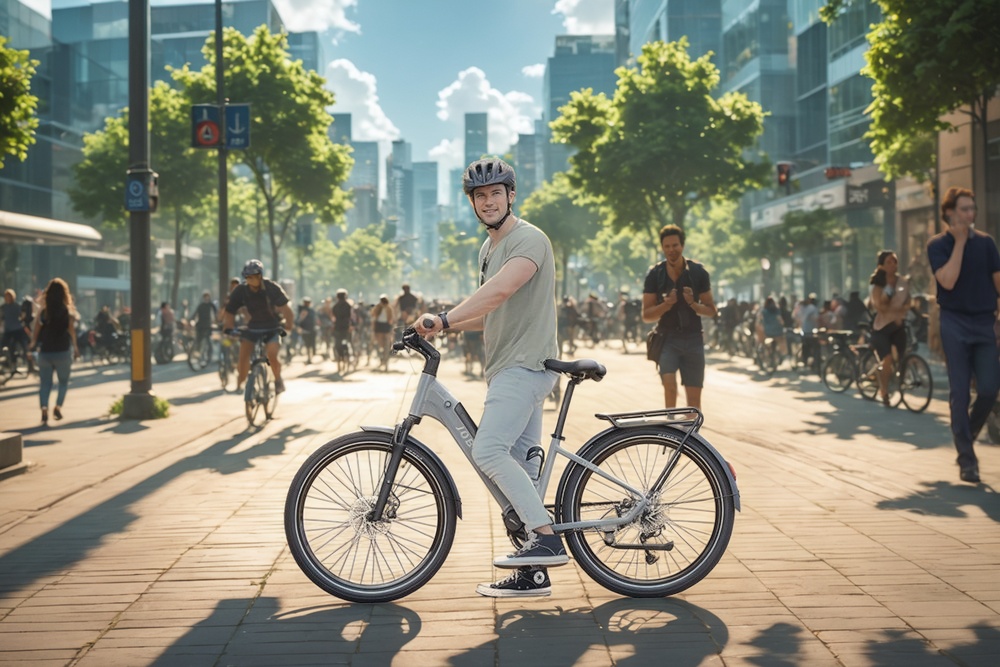
Urban Travel Electric Bike Versus Lightweight Alternatives
When it comes to urban travel electric bike designs, the UrbanGlide E-Bike stands out for its balance of features, but it’s worth contrasting it with lightweight electric bikes that prioritize portability over power. Lightweight electric bikes are often favored for their ease of storage and maneuverability in crowded city environments, typically weighing under 40 pounds, which makes them simpler to carry up stairs or store in small apartments. In contrast, the UrbanGlide, with its sturdy aluminum alloy frame, tips the scales at a still-manageable weight but offers greater durability and a longer battery life of up to 60 miles per charge. This means that while lightweight models might excel in quick, short trips around the neighborhood, the UrbanGlide provides more reliability for extended urban adventures, such as exploring multiple city districts in one go. On the downside, the added robustness of the UrbanGlide could make it less ideal for users who need ultra-light options, but its ergonomic features, like plush saddles and intuitive controls, ensure comfort that lighter bikes sometimes sacrifice for weight reduction. Overall, this comparison shows that urban travel electric bikes like the UrbanGlide offer a more comprehensive package for everyday use.
High-Performance Electric Bikes in Contrast to Commuting-Focused Models
High-performance electric bikes are engineered for speed and thrill, often featuring powerful motors that can reach speeds over 28 mph, making them a stark contrast to commuting with electric bikes that emphasize practicality and safety. For example, high-performance models might include advanced suspension systems and aerodynamic frames for off-road or racing scenarios, whereas the UrbanGlide E-Bike focuses on steady, reliable performance tailored for city streets, with features like advanced disc brakes for secure stops in rainy conditions. This difference highlights how high-performance electric bikes appeal to enthusiasts seeking an adrenaline rush, but they can be overkill for daily commuters who prioritize battery efficiency and ease of use over top speeds. The UrbanGlide, with its whisper-quiet motor and integrated rear rack for carrying essentials, provides a more balanced approach for commuting, allowing riders to switch modes effortlessly via an LCD display. However, if you’re comparing the two for urban settings, high-performance bikes might offer quicker travel times on open roads, while commuting-focused options like the UrbanGlide ensure a smoother, more integrated experience in stop-and-go traffic. This contrast underscores the importance of selecting a bike based on specific needs, as the UrbanGlide’s design makes it a superior choice for those valuing functionality over sheer power.
Efficiency of Commuting with Electric Bikes Compared to Other Transport Options
Finally, when evaluating commuting with electric bikes against traditional transport methods like cars or public transit, the UrbanGlide E-Bike emerges as a highly efficient and eco-friendly alternative that combines the best of both worlds. Cars, for instance, contribute to traffic congestion and higher emissions, whereas electric bikes offer a zero-emission solution that slips through urban gridlock with ease, potentially reducing commute times by avoiding parked vehicles and bus stops. In contrast to public transit, which can be unreliable and crowded, commuting with an electric bike like the UrbanGlide provides flexibility, allowing riders to choose routes and stop as needed, all while enjoying fresh air and exercise. The bike’s rechargeable battery supports up to 60 miles on a single charge, making it comparable to a full day’s use for most city dwellers, and its lightweight yet durable frame ensures it handles various weather conditions better than walking or waiting for a bus. However, electric bikes require some physical input, unlike fully automated transport, which might be a drawback for those with mobility concerns, but this also promotes health benefits. Overall, this comparison reveals that while other options have their places, commuting with electric bikes like the UrbanGlide not only saves time and money but also aligns with a sustainable lifestyle, making it an ideal choice for the modern urbanite.

